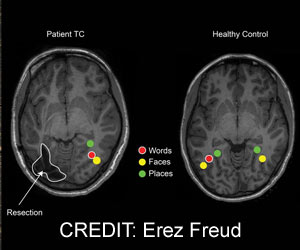
‘Generalized epilepsy patients have a higher risk of obstructive sleep apnea (OSA) when compared with focal epilepsy patients. Treatment of obstructive sleep apnea may help patients feel better, be healthier. It may be an essential part of epilepsy treatment.’
Read More..Tweet it Now
The study consisted of 115 patients out of which 27 patients had generalized epilepsy, and 88 patients had focal epilepsy. The patients were from a Level 4 Epilepsy Center. Read More..
The researchers wanted to understand the relationship between the seizure frequency, epilepsy type and results on a standard screening tool to assess obstructive sleep apnea risk in generalized epilepsy and focal epilepsy patients.
The researchers found that older age, a history of high blood pressure, and a higher body-mass index were associated with a higher risk of obstructive sleep apnea in people with epilepsy.
“OSA is common in patients with epilepsy and treatment may improve seizure control. However, this condition is often undiagnosed in patients with epilepsy, and understanding of the risk profile for OSA is important,” said lead author Matthew Scharf.
There was no significant difference in excessive daytime sleepiness between the types of epilepsy. Excessive daytime sleepiness is a common symptom in people with obstructive sleep apnea and epilepsy.
Advertisement
More than 3 million Americans have epilepsy, and more than 80% of epilepsy patients experience focal-onset seizures. About two-thirds of patients with epilepsy can have their seizures controlled with proper medication.
Advertisement
The antiepileptic medicines were similar between the two groups. However, patients with generalized epilepsy may have started the medications at a young age and used them longer. This could also be a factor.
Treatment of obstructive sleep apnea may help patients feel better, be healthier. It may be an important part of epilepsy treatment.
Source-Medindia















